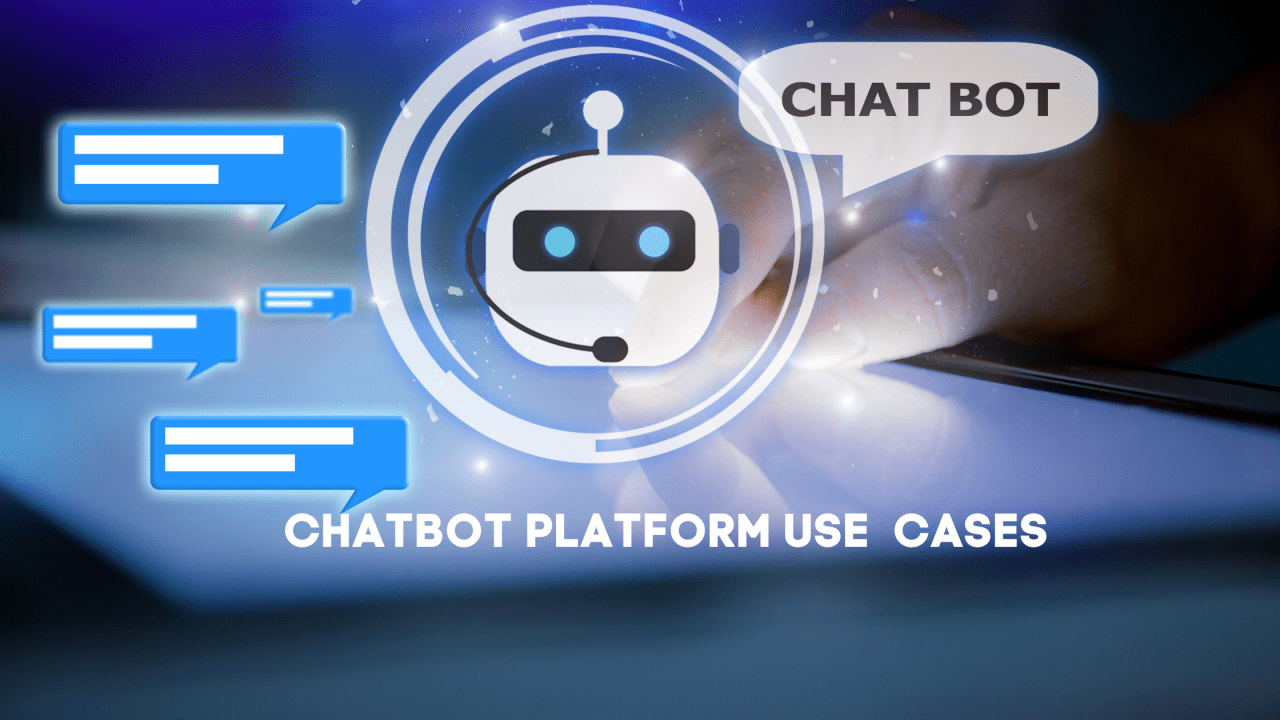Chatbots are conversational agents used by enterprises to reduce human interference in providing solutions to customers’ questions about the end products/services offered by the businesses. Virtual assistants are the ultimate win-win in producing quick responses with zero lags.
Let’s take a quick look at some common chatbot platform use cases:
1) Customer Support
First and foremost, there is always customer care. The basic idea behind this is to automate repetitive and basic queries. These questions are already forecasted, and virtual assistants may resolve them in one step. The bots may also assist in troubleshooting questions and aid the users with the essential resources they need.
Using chatbots for easy-to-solve issues helps the agents use their time for meaningful, highly prioritized tasks. Sensitive, complex questions do not make sense to the bot. If a company’s contact number or an eCommerce company’s return policy is frequently asked, such cases can be redirected to the bot to answer. At times, the bot cannot manage technical queries related to payment/billing. If there is a set of FAQs, bots can do wonders in supporting users.
2) Global support
International scenarios are challenging to manage. First of all, round-the-clock support should be provided. Moreover, there may be language barriers in handling international customers. Bots can aid in the transition of a company’s expanding borders by facilitating and easing the hurdles of customers through 24/7 support.
There are options to select the language when initiating a chatbot query. This helps customers raise their questions suitably and, thus, find a solution promptly.
3) Assistance during holidays and festivals
A chatbot can handle customers on holidays such as Black Friday or other off days. Agents may be off-the-clock during certain times, such as weekends, sick leaves, etc. VAs can take off the chat in such instances.
Let’s take the example of an eCommerce company. They may have a peak time during the promotion of a particular product, or customers’ seasonal trends are changing due to the launch of an electronic product. Using chatbots can relieve businesses of the need for additional human help as they can adapt to various scenarios.
4) Integration into Sales CRM
Chatbots can be extremely beneficial to the sales team. Chatbots can fetch information from customers and qualify them as prospective or not. They can ask questions like whether they want to get in touch with sales and funnel them into the sales team after qualifying from multi-channels.
Chatbots can be integrated into sales CRM, and the salesforce can make direct use of prospective leads’ information from the chatbot database to seal the deals. Sales representatives can make use of context and chat history, and chatbots can arrange meetings when integrated with calendars.
5) Online purchases
Chatbots can assist in reducing the number of abandoned carts. Most people sign off between purchases due to technical glitches, payment issues, or security concerns. Abandoned cart situations can be easily tackled with the help of chatbots.
The interference of chatbots can help in completing the purchase by giving proper guidelines. In some situations, even though the customer is unlikely to purchase, convenient chatbot intervention helps to build trust.
6) Personalized Shopping Experience
Chatbots are likely to assist in the growth of live commerce events. People are more prone to purchasing due to the personalized customer shopping experience that the live commerce facilities can provide. A chatbot plays a major role in triggering the sales rate of the product through proper customer support.
Through proper communication with customers, chatbots can easily impact and facilitate company growth. Every industry can encounter a personalized, seamless experience through building chatbot support. See how AI is evolving and tune in for the latest updates.




